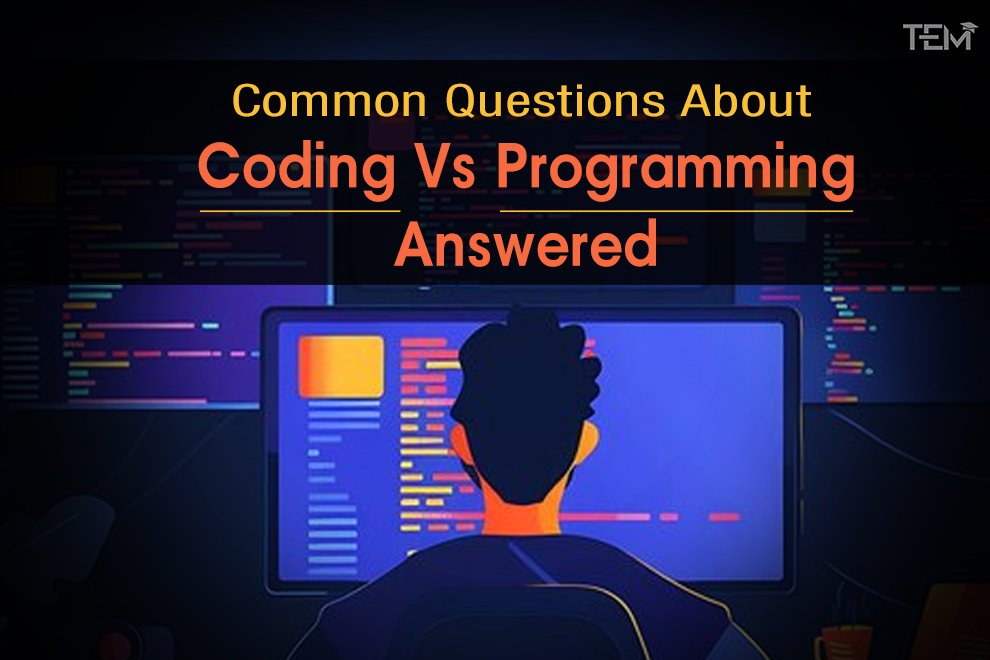New Jersey bettors and the state’s economy have enjoyed a good run since the legalization of online gambling in the state. However, a recent study claims that all the boom of New Jersey’s economy since the inception of online gambling could very well be a facade.
The study further insinuates that online gambling does not offer the same positive economic benefits that other sectors in New Jersey do. Despite the positive results following the legalization of online gambling in the United States, this study claims that it is ultimately detrimental to New Jersey’s economy.
Other claims following this discovery state that the wage generated in New Jersey neither returns a complete cycle to the economy nor generates enough jobs for the people of New Jersey. Concerns have been raised about the benefits – if they indeed exist – of online gambling in New Jersey, and in this article, we will probe into these claims in an attempt to provide accurate answers.
Online Gambling Detrimental to New Jersey’s Economy, True or False?
Online gambling skyrocketed in 2018 after the US Supreme Court repealed the law that prevented the practice of online gambling in most of the United States. Since then, the online gambling industry has enjoyed great success, and, seeing as several states have legalized it, the New Jersey gambling laws keep the industry in check.
Derek Webb, founder of the Campaign for Fairer Gambling, believes that some states only legalized online gambling based on false information they had about the industry. Webb further states that it took a few more years for the public to discover that the predictions for online gambling were more optimistic than realistic.
NERA projected that in 2022, New Jersey online casinos would contribute $385 million in net taxes— an increase from the $42 million contributed in the last five years.
However, using a UK study by the London-based National Institute for Economic and Social Research on Problem Gambling, NERA rerun its calculations for New Jersey. It concluded that the state could instead lose $350 million to social costs like homelessness, criminal justice, welfare, and healthcare from issues linked to digital gambling.
Why Online Gambling Doesn’t Generate Enough Jobs
The study that claims that online gambling is detrimental to New Jersey’s economy originated from the National Economic Research Associates (NERA) and was commissioned by the Campaign for Fairer Gambling. NERA does not dispute that New Jersey’s online gambling sector has grown in leaps and bounds since 2016 and has even pegged the industry at a $469.6 million quarterly high for Q3 in 2023.
However, NERA has observed that despite the industry’s growth, more human resources must be needed to run the industry adequately. The two causes of this problem have been identified as:
- land-based casinos have more employees than online casinos
- a sharp decrease in the reinvestment of employees’ wages into the New Jersey economy.
Why the Wage Cycle Doesn’t Return to the Economy
The Campaign for Fairer Gambling commissioned the study, which discovered that the $2.4 billion spent on online gambling in 2022 “decreased New Jersey’s economic activity by about $180 million”.
In 2022, the online gambling sector paid $110 million in wages to New Jersey workers, which generated $22 million after it had been spent on other sectors of the New Jersey economy. NERA Economic Consulting believes that up to $1 billion in wages would have been achieved and $200 million generated from spending if the initial $2.4 billion had been spent on other sectors like dining or shopping.
A Case of Misconception?
Although some studies may claim that New Jersey’s seeming success in terms of its earnings from online gambling is a mirage, other studies beg to differ.
A study commissioned by iDEA in 2019 revealed that online gambling in New Jersey had directly and indirectly generated approximately $2 billion for the state in its first five years. According to the study, this was achieved by creating 6,552 jobs and paying $401 million in wages and $259.3 million in local government and state taxes.
Further speaking on the benefits of the legalization of online gambling, the iDEA study posits that what other studies did was ignore the jobs created by online gambling in the previous years, and as such, misconstruing the efforts online gambling has contributed in elevating New Jersey’s economic status.
A final standpoint from the study is that, in the absence of online gambling, there were increased chances of patrons turning to illegal offshore sites that offered them no economic benefits or financial security.
According to the iDEA study, online gambling has performed excellently in creating jobs for the state, enforcing economic growth, and protecting New Jersey bettors from illegal offshore accounts.
Frequently Asked Questions (FAQs)
1. Is online gambling allowed in New Jersey?
Yes, online gambling is permitted in New Jersey, and the state’s gambling laws are not as restrictive as those of other states. New Jersey gambling options include off-track betting, horse racing, casino games, New Jersey Lottery, charity games, and social gambling.
2. How much did New Jersey make from sports betting in 2023?
Contrary to the negative feedback on online gambling in New Jersey, the industry generated approximately $82.17 million from sports betting in May 2023 – a quantum leap from the $72.3 million generated in the previous month.
3. Should I report my gambling winnings on my tax return?
Yes, you must report your gambling winnings on your tax return because they count as taxable income and are guided by their own unique tax rules. Whether your gambling winnings are legal or illegal, a small chunk of it goes to the New Jersey Gross Income Tax.
Conclusion
Depending on how you look at it, online gambling could either be doing more harm than good, or it could qualify as one of the primary drivers of the New Jersey economy. The fact remains that online gambling has created several job opportunities for New Jersey workers since its legalization, and despite the misgivings some studies may harbor about the industry, online gambling certainly fulfills its quota towards the development of the state.










